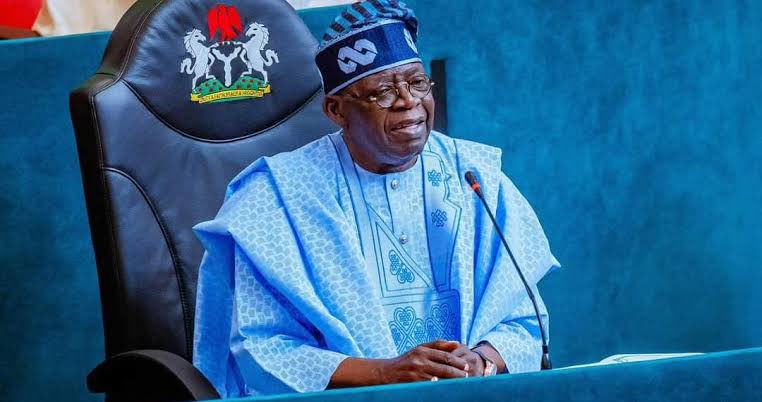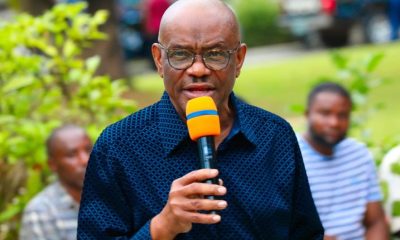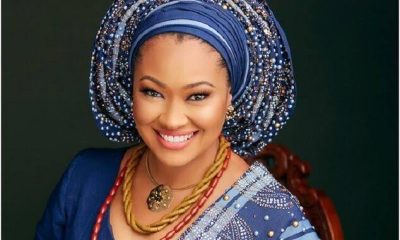Opinion
Rivers, Nigeria’s Democracy And Matters Arising
By Blaise Emeka Okpara

If recent events in Nigeria’s body politic are anything to go by, then one would be right to conclude that our democracy is headed the rocks. At no time in our nation’s history has such a calamity of monumental proportions befallen us!
What is worse, we are witnessing for the first time an unholy alliance between the three arms of government. What this portends is that the people, who should be the primary concern of governance, are now being relegated to the background.
There is great danger, and from the look of things, it might not get better anytime soon. The current reality in Nigeria, where both the legislature and judiciary have collapsed their structures into that of the executive, has created an atmosphere of distrust and hopelessness among Nigerians. There is a disconnect between the government and the people. This dichotomy exists due to the nonchalance associated with the current crop of political leaders.
Of great concern is the recent declaration of a state of emergency in Rivers State, which saw the suspension of a duly elected governor and the appointment of a sole administrator. While it is undeniable that the Constitution of the Federal Republic of Nigeria, in Section 305, bestows upon the President the power to declare a state of emergency, it does not grant him the power to remove an elected governor.
More disheartening was the speedy ratification by the Senate through a voice vote. How, on earth, did the Senate determine a two-thirds majority through a voice vote? These and many other questions continue to bug the discerning.
As if that was not enough, the Attorney General of the federation, and Minister of Justice Lateef Fagbemi, SAN was vociferous in his outburst, threatening that the President will not hesitate to declare emergency rule in more states if it becomes necessary. In a democracy! Such unguarded utterances should not be encouraged because it goes against the principles of democracy.
Moreso, from all indications, it seems that the days of healthy debates in the National Assembly are gone. Today, Nigeria has a National Assembly that functions as an extension of the executive.
Sadly, the judiciary is not left out. At a time when Nigerians are looking up to the judiciary as the bastion of democracy, the institution has been bastardized that it no longer inspires confidence among Nigerians. Brazen disregard for justice due to monetary inducement is now the order of the day. This is even more evident with the boldness in which Nigerian politicians now tell aggrieved members to go to court.
Outcomes of judicial processes can easily be predicted by merely looking at those involved. When a nation now has a judiciary that takes orders from the executive, then where lies the hope for the common man? Only a compromised judiciary will one find judges hobnobbing with politicians.
The return to constitutional democracy was met with great expectations and optimism from Nigerians after years of military rule. However, more than two decades later, it seems Nigeria is gradually drifting towards a darker era where only a privileged few individuals run the affairs with little or no regard for the people.
There is a pervasive feeling of helplessness among Nigerians that those in positions of authority can do and get away with anything. As scary and unsavoury as this may sound, it is the truth, given recent occurrences. It reeks of a lack of empathy for a President to declare the removal of subsidy on the day of his inauguration without considering the impact on the people. Till date, Nigerians are still reeling from the effects of that hasty decision. Needless to say that millions of Nigerians were plunged into poverty as a result.
Unlike in 2013, when the then President removed the fuel subsidy and Nigerians had the freedom and courage to take to the streets, the reverse is now the case. In fact, during the last “Hunger protest,” most protesters were teargassed by the police, and some were arrested. The criminalization of protests in Nigeria by the current administration has instilled fear among citizens. When citizens are scared of the government of the day, it’s not a democracy.
The usual refrain by the police that protests would be hijacked is purely a calculated attempt to suppress dissenting voices. This confrontational approach to peaceful protesters is undemocratic because it goes against the rights of citizens to freedom of expression as enshrined in section 39 of the 1999 constitution (as amended). If citizens’ rights to protest are being trampled upon then it is right to conclude that we are gradually sliding back to the despotic years of the military where speaking truth to power was considered an act of bravery.
Lastly, most of those in positions of authority today like the sitting President often wax lyrical of their heroics during the NADECO days of the military. President Tinubu was among the major organizers of the “occupy Nigeria” protests. If protest was fashionable then, why is it not now?
Democracy thrives on fundamental principles like separation of powers among the three arms of government to ensure checks and balances, fundamental human rights, rule of law, popular participation and most importantly, legitimacy.
Only the people can bestow this legitimacy through periodic elections. When this core principles are abused then democracy is in danger. There is a need for introspection by political office holders to curtail their high-handedness in order to save our democracy from imminent collapse. To be forewarned, is to be forearmed.
*Blaise Emeka Okpara writes from Abuja and can be contacted on: emyokparaoo1@gmail.com*
Send Us A Press Statement Advertise With Us Contact Us
And For More Nigerian News Visit GWG.NG













